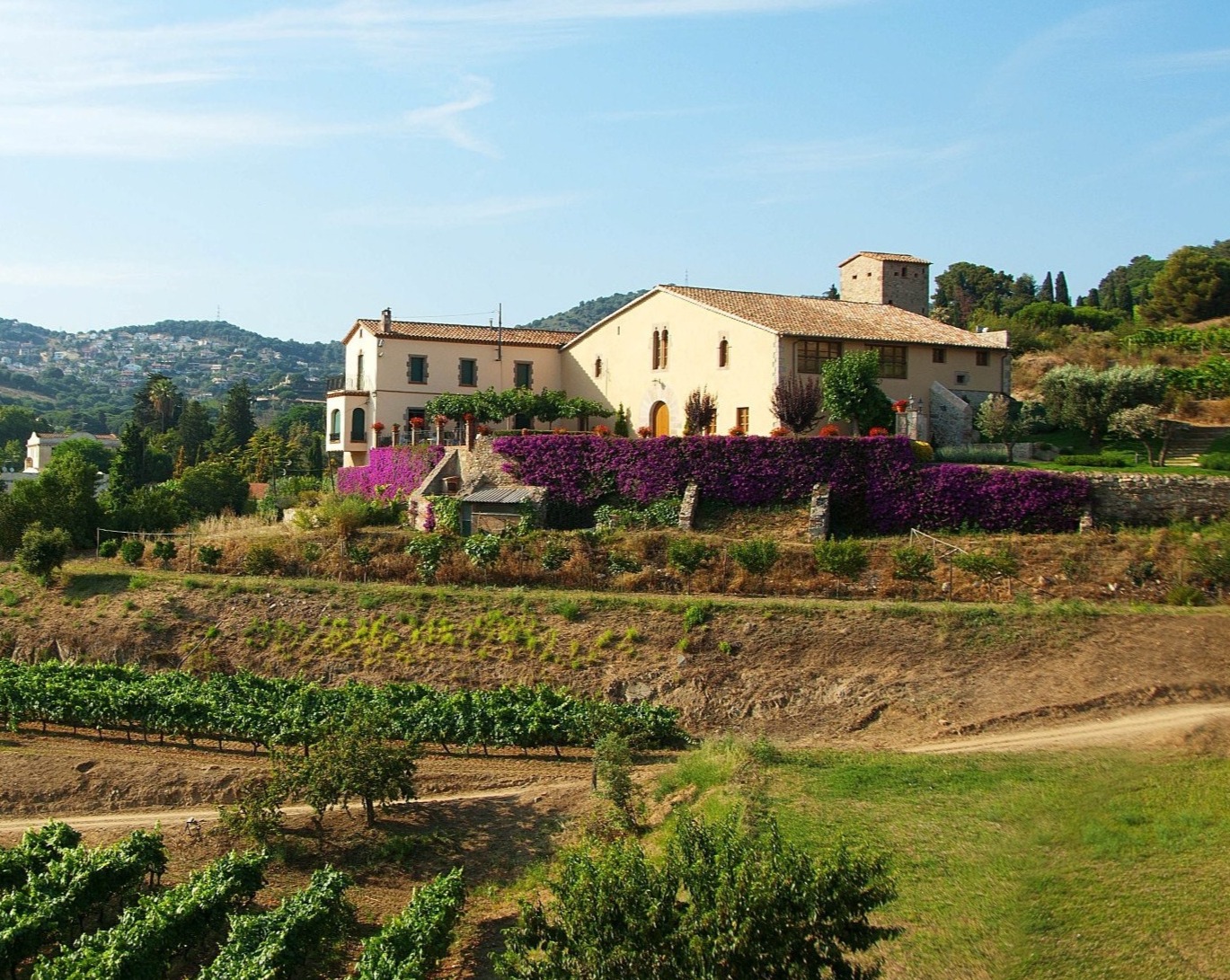Bouquet d'Alella
Bouquet D’Alella is a family winery just 15km away from Barcelona, Catalonia. They are specialised in organic wines from their own grapes, paying attention to growing local grape varieties such as Pansa Blanca, White Grenache, Mataró and Red Grenache in the Denomination of Origin (DO) Alella, the oldest and smallest wine appellation in Spain.

Since they promote enotourism, they receive many foreign visitors to their cellar who have shown interest in purchasing their wines and bringing them home.
As part of their growth, they started exporting their wines to other countries, but as a small family business, several doubts started arising. Bouquet d’Alella has a close relationship with the Barcelona Chamber of Commerce (BCC) since they needed advice to tackle international markets. In 2022, they reached out to BCC and they were assessed with regard to two international markets: the United Kingdom and Mexico.
On one hand, they were looking for importers in the UK. However, Brexit changed the context, and the UK was no longer an EU member state. Therefore, they were unsure about how tariffs and regulations could affect them. To learn how exporting to the UK would look after Brexit, they took part in different assessments. First, they received an initial diagnosis consisting of an analysis of the export potential of the firm. Secondly, the BCC prepared a market study focused on the wine sector in the UK. The market study included statistics on the wine sector, consumer behavior data, and sales channel information.
Additionally, a customs report was added in which the BCC provided a list of requirements for wine exports to the UK. Thirdly, a digital marketing audit was provided, which analysed their website’s potential and positioning both in the national market and in the UK. Moreover, an origin report was elaborated, to analyse the rules of origin applicable to wine so that the company could benefit from a preferential tariff when exporting to the UK. Finally, the BCC supported them when applying and registering for the REX number.
On the other hand, they also wanted to tackle the market in Mexico. The BCC assessed Bouquet d’Allela on how they could benefit from preferential treatment when selling to Mexico. Mexico has a 20% tariff on wine that is reduced to 0% if preferential treatment is proven. Bouquet d’Alella used the import-export consultation service offered and received tailored advice on what documents to use so as not to have any obstacles in customs clearance.
“As a result of the EEN advisory services, we obtained the REX number thanks to which we are no longer subject to a general tariff of 10GBP per hectoliter of wine sold to the UK. Nowadays, we benefit from preferential treatment, and we can be more competitive in the UK market.”
The BCC analysed how Bouquet d’Alella could prove the EU origin of their wines so that they could benefit from preferential treatment both in the UK and Mexico.
As per the UK’s inquiry, after the EEN advisory services, Bouquet d’Alella applied and obtained the REX number. The REX system is used for the self-certification of the origin of goods that are eligible for preferential tariff treatment under some trade agreements. When an exporter is registered in the REX system, they are assigned a unique REX number. This number is used on the statement of origin that accompanies the exported goods. It serves as proof that the exporter is registered and authorized to self-certify the origin of the goods. Obtaining the REX number means no longer being subject to a general tariff of 10GBP per hectoliter of wine, which represents direct savings for Bouquet d’Alella and translates into being more competitive in the UK market. Bouquet d’Alella expects this to directly increase their chances of finding new distributors in the UK and, consequently, their turnover.
As per Mexico’s inquiry, Bouquet d’Alella could also prove the preferential origin of their wines and was able to close a sale during their business trip to the country. The support received helped the company be more confident in the market. Therefore, the company has been able to introduce its wines in the Mexican market with significant tariff savings. They now hope that the Mexican importer will become a close ally with regular orders.
